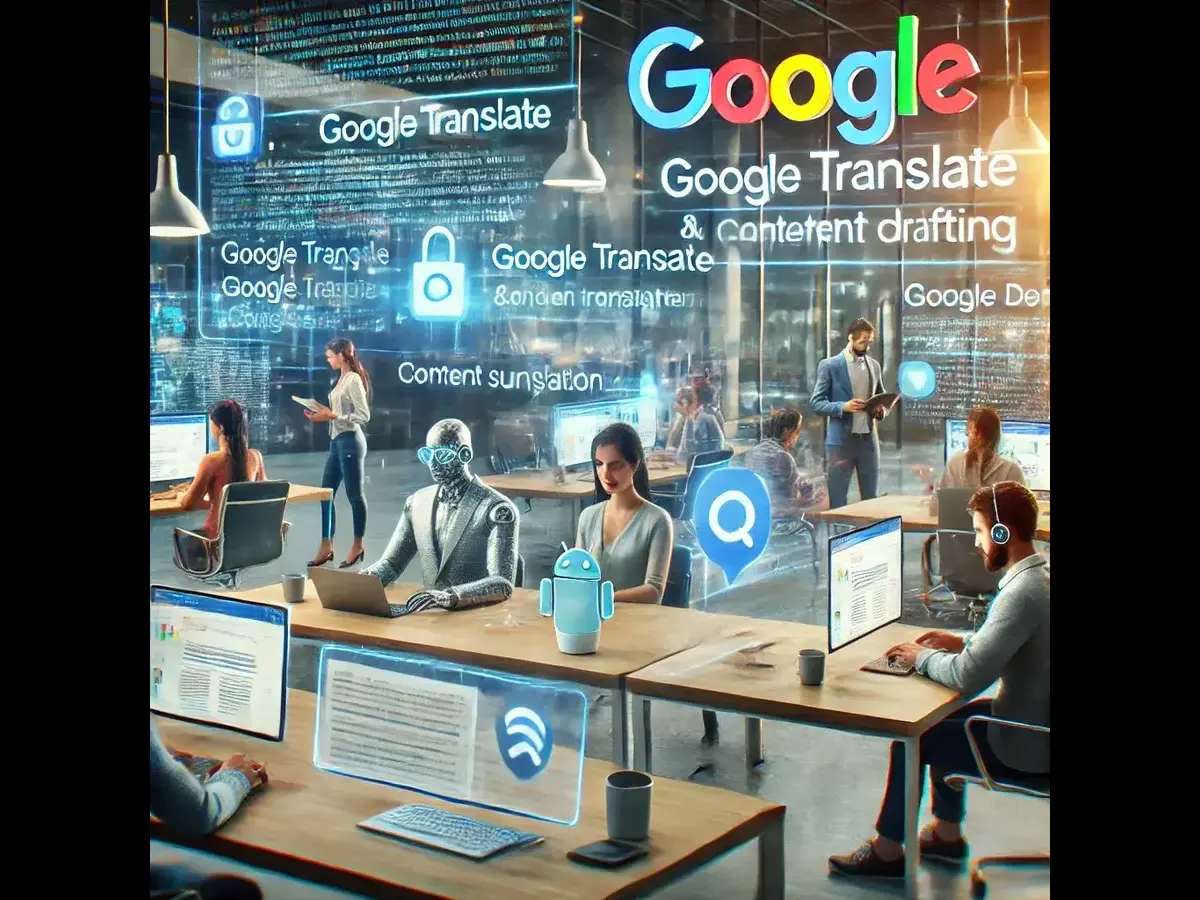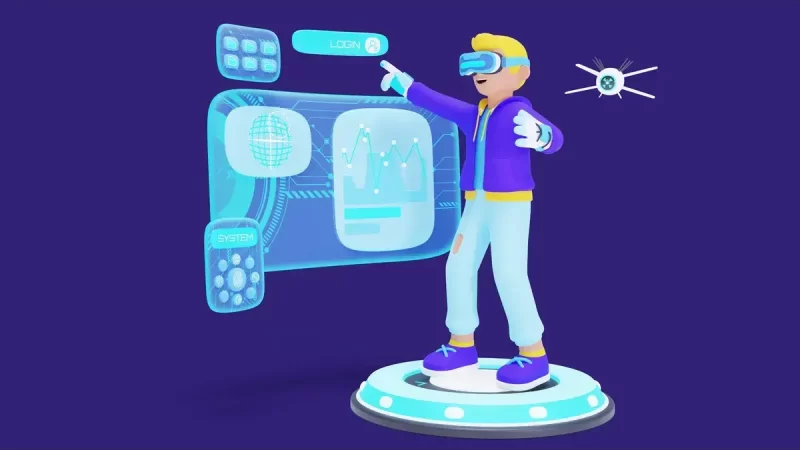Google’s Position on AI Translations and Content Drafting Tools

Artificial Intelligence (AI) has revolutionized numerous fields, including language translation and content creation. Google’s stance on AI translations and content drafting tools reflects their broader strategy to enhance user experience, improve accessibility, and maintain quality standards. This article delves into Google’s position on these technologies, highlighting their potential, limitations, and future prospects.
AI Translations
Enhancing Accessibility
Google’s AI translation tools, particularly Google Translate, have made significant strides in breaking down language barriers. These tools leverage machine learning algorithms to provide instant translations between dozens of languages, thus facilitating communication and information sharing globally. Google’s objective is to make information universally accessible, and AI translation tools are central to this mission.
Improving Accuracy
While AI translations have improved remarkably, they are not flawless. Google continuously updates its algorithms to enhance accuracy, taking into account the nuances and context of different languages. The company acknowledges that human languages are complex, and AI translations might not always capture the subtleties and idiomatic expressions perfectly. Therefore, they encourage users to view AI translations as a helpful tool rather than a definitive solution.
Collaboration with Human Translators
Google promotes a collaborative approach where AI serves as an aid to human translators. This synergy ensures higher quality translations. For instance, AI can handle the bulk of the translation work, while human translators refine and polish the final output. This approach not only speeds up the translation process but also maintains high standards of accuracy and readability.
Content Drafting Tools
Innovation in Content Creation
Google’s AI-powered content drafting tools, such as those integrated into Google Docs, offer significant advantages in terms of productivity and creativity. These tools assist users by suggesting sentence completions, grammar corrections, and stylistic improvements. The aim is to empower users to create high-quality content more efficiently.
Ethical Considerations
Despite the benefits, Google is mindful of the ethical implications surrounding AI-generated content. The company is committed to ensuring that these tools are used responsibly. AI should augment human creativity rather than replace it. Google emphasizes the importance of human oversight in content creation to avoid issues related to plagiarism, misinformation, and the loss of the human touch in writing.
Support for Diverse Voices
One of Google’s core values is to support and amplify diverse voices. AI drafting tools are designed to be inclusive, helping users from different backgrounds to express themselves more effectively. By providing suggestions and corrections, these tools can help users overcome language barriers and enhance their writing skills, thus promoting inclusivity in content creation.
Challenges and Future Prospects
Addressing Bias
AI systems can inadvertently perpetuate biases present in their training data. Google is actively working to mitigate these biases to ensure fair and unbiased translations and content suggestions. This involves refining their algorithms and expanding their training datasets to include more diverse sources of language and content.
Continuous Improvement
Google views AI translations and content drafting tools as evolving technologies. They are committed to ongoing research and development to enhance the capabilities of these tools. Feedback from users plays a crucial role in this process, helping Google to identify areas for improvement and develop more sophisticated AI solutions.
Integration with Other Technologies
Looking ahead, Google aims to integrate AI translations and content drafting tools with other emerging technologies such as augmented reality (AR) and virtual reality (VR). This could revolutionize how users interact with content and translations, providing more immersive and intuitive experiences.
Google’s position on AI translations and content drafting tools is rooted in their mission to make information universally accessible and useful. While recognizing the current limitations and ethical considerations, Google is committed to harnessing the power of AI to enhance user experience, support diverse voices, and promote inclusivity. Through continuous innovation and user collaboration, Google aims to refine these technologies, ensuring they serve as valuable aids in translation and content creation.
FAQs on Google’s Position on AI Translations and Content Drafting Tools:
Google’s AI translation tools include Google Translate and various language translation features integrated into Google products. These tools use advanced machine learning algorithms to provide translations between multiple languages, aiming to make information accessible to everyone.
Google’s AI translations have significantly improved over the years. However, they are not perfect and might not always capture the nuances and idiomatic expressions of languages. Google continually updates its algorithms to enhance accuracy, but users are encouraged to consider AI translations as helpful tools rather than final solutions.
No, AI translation tools are not intended to replace human translators. Google promotes a collaborative approach where AI assists human translators, handling the bulk of the work while human translators refine the final output to ensure accuracy and readability.
Google’s content drafting tools include features integrated into Google Docs, such as sentence completion suggestions, grammar corrections, and stylistic improvements. These tools aim to help users create high-quality content more efficiently.
Yes, Google is aware of the ethical implications of AI-generated content. The company emphasizes the importance of human oversight to avoid issues like plagiarism, misinformation, and the loss of the human touch in writing. AI tools are meant to augment human creativity, not replace it.







